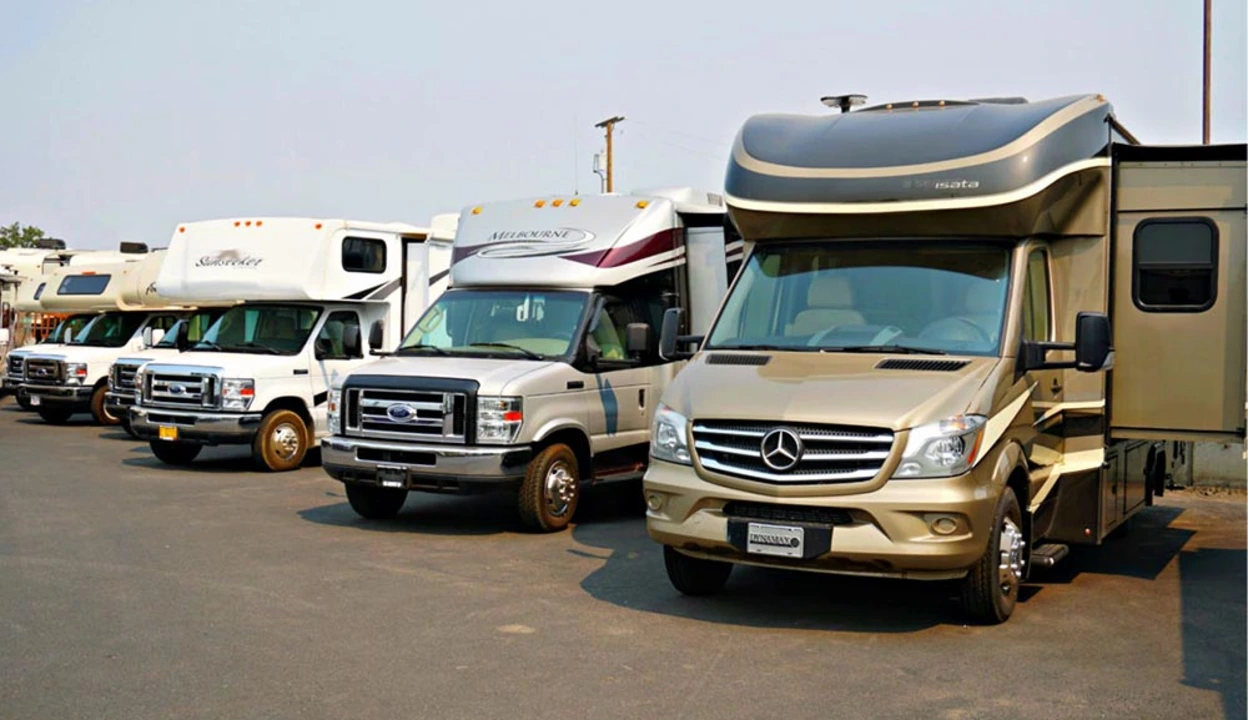How to buy a used camper?

Understanding Your Needs and Budget
Before you start searching for a used camper, it's important to understand what you need and how much you're willing to spend. Consider factors like how many people you'll be traveling with, the type of camping trips you plan on taking, and your budget. Knowing this information will help you narrow down your search and find the perfect camper for your needs. It's also important to factor in the costs of camper maintenance, insurance, and registration, as these can add up over time.
Researching Different Camper Types and Models
Once you have a general idea of what you're looking for, start researching the different types of campers available on the market. There are many options to choose from, including travel trailers, pop-up campers, and motorhomes. Each type has its own unique features, advantages, and disadvantages. Consider factors such as size, weight, floor plan, and amenities when comparing different models. Use online resources, forums, and social media groups to gather information and opinions from other camper owners. This will give you a better understanding of what to look for in a used camper.
Where to Find Used Campers for Sale
Once you know what type of camper you're interested in, it's time to start searching for used campers for sale. There are several places to look, including online classifieds, dealership websites, and social media marketplace groups. Be sure to check multiple sources to find the best selection and prices. Don't forget to also ask friends, family, and coworkers for recommendations, as they might know someone who is selling a used camper. Networking can often lead to great deals and more trustworthy sellers.
Inspecting a Used Camper
When you find a used camper that interests you, it's crucial to thoroughly inspect it before making a purchase. This includes both the exterior and interior of the camper. Look for signs of wear, damage, or potential issues that could cause problems down the road. Check the roof, walls, and floor for leaks or water damage. Inspect the tires, brakes, and suspension to ensure they're in good condition. Test all appliances, plumbing, and electrical systems to make sure they're functioning properly. It's also a good idea to bring along a knowledgeable friend or professional inspector to help you evaluate the camper.
Asking the Right Questions
When you're looking at a used camper, it's important to ask the seller plenty of questions. This will help you gather more information about the camper's history and condition. Some questions to ask include: Why are you selling the camper? How many previous owners has it had? What is the maintenance history? Have there been any major repairs or accidents? Are there any known issues or problems with the camper? Gathering this information will help you make a more informed decision and potentially avoid costly surprises later on.
Negotiating the Price
Once you've inspected the camper and gathered all the necessary information, it's time to negotiate the price. Do some research to find out the fair market value of the camper based on its age, condition, and features. This will give you a starting point for your negotiations. Be prepared to walk away if the seller isn't willing to work with you on the price. Remember, there are always more campers out there, and it's better to wait for the right deal than to overpay for a used camper.
Finalizing the Purchase
When you've agreed on a price, it's time to finalize the purchase. Make sure to get a bill of sale and any other necessary paperwork, such as the title and registration. Double-check that all the information is accurate and complete. If you're buying from a private seller, it's a good idea to meet at a local Department of Motor Vehicles (DMV) office to transfer the title and registration. This will ensure everything is done correctly and help avoid potential issues down the road.
Preparing for Your First Adventure
Congratulations on your new-to-you camper! Now it's time to get ready for your first adventure. Take the time to familiarize yourself with all the features and systems of your camper. Make a checklist of items you'll need for your first trip, such as bedding, cookware, and camping essentials. Don't forget to also stock up on maintenance supplies, like spare fuses and light bulbs. Finally, practice setting up and breaking down your camper in a safe, controlled environment before hitting the open road. This will help ensure a smooth and enjoyable first camping experience.

Write a comment